- Home
- Find A Physician
- FIND A PHYSICIAN
- LymeTimes
- Current Issue
- Archives
- FEATURED LYMEDISEASE.ORG ISSUES
- Resources
- LYME LITERATE PHYSICIAN VIDEOS
- Physicians
- Members
- About Us
- Resources
 I have a confession to make. I proposed a talk at ILADS on medical marijuana because it would force me to learn everything I could on the topic. I live in Colorado, where it seems there is a dispensary on every corner, and many of my patients have been using medical cannabis. But the huge assortment of products is confusing, and I wanted to give specific recommendations to help patients get the most benefit. Here is what I learned.
I have a confession to make. I proposed a talk at ILADS on medical marijuana because it would force me to learn everything I could on the topic. I live in Colorado, where it seems there is a dispensary on every corner, and many of my patients have been using medical cannabis. But the huge assortment of products is confusing, and I wanted to give specific recommendations to help patients get the most benefit. Here is what I learned.
Marijuana has 483 phytocannabanoids, which are naturally occurring compounds that can affect many body processes such as appetite, mood, and sleep. Most people have heard of one of them: THC, or tetrahydrocannabinol—the psychoactive component of marijuana. THC can make you high, giddy, or euphoric and provide seemingly awesome universal insights that may appear quite trivial the next day.
 The strains of marijuana now available are not your father’s weed—they generally have a much higher THC content. It’s important to choose the appropriate strain for your needs, and some people may want to avoid THC entirely. However, it has been clearly established that THC is quite beneficial for pain, sleep, nausea, appetite, and PTSD, so there are medically valid reasons for choosing it.
The strains of marijuana now available are not your father’s weed—they generally have a much higher THC content. It’s important to choose the appropriate strain for your needs, and some people may want to avoid THC entirely. However, it has been clearly established that THC is quite beneficial for pain, sleep, nausea, appetite, and PTSD, so there are medically valid reasons for choosing it.
Most of the non-THC phytocannabanoids fall into the category of cannabidols, or CBDs. CBDs were once considered physiologically inactive unless paired with THC, but it turns out that is not the case. There is a compelling amount of scientific research documenting its independent activity, and now there is extensive clinical experience as well.
When I started selling it in my office, it went flying off the shelf.
Did you know that we make our own CBDs? All vertebrates going back 600 million years on the evolutionary tree have an endocannabanoid system, which modulates immune and nervous system function. CBDs are potent anti-inflammatory agents, they regulate neurotransmitters, and they may enhance immune competence. CBDs decrease neuroinflammation and are neuroprotective. They can significantly reduce pain and anxiety……Join or login below to continue reading.
You must be a LymeDisease.org member to access this content.

2 Reader Comments
Comments are closed.






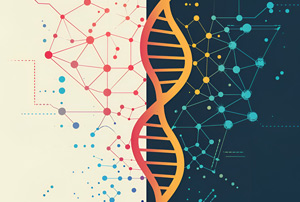
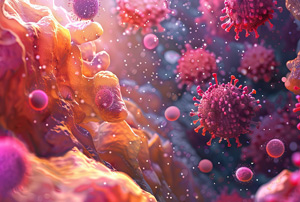

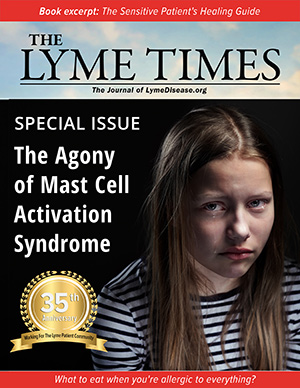

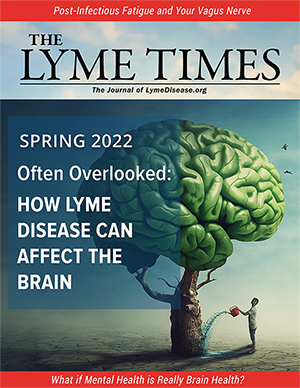

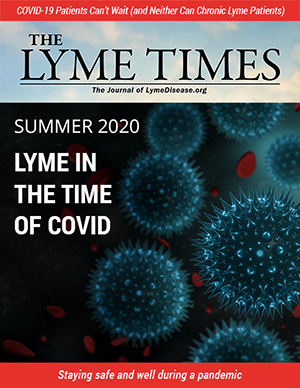





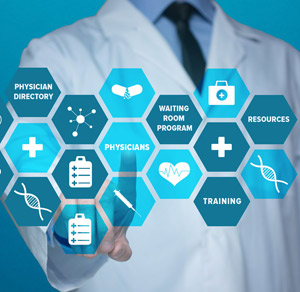

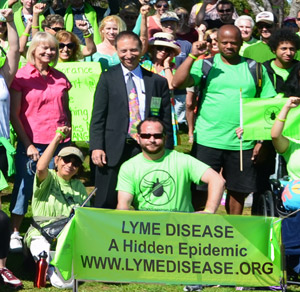

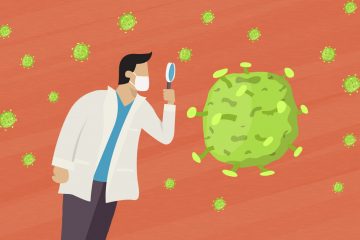



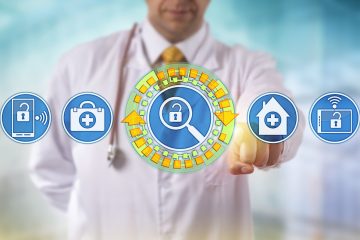
does ehrlichiosis show any white spots in skin
Hi Joyce, Tick-borne diseases can cause many different manifestations throughout the body. We suggest you discuss any issues of concern with a doctor who is familiar with Lyme and other tick-borne diseases. Here is a link to our physician directory: https://www.lymedisease.org/find-lyme-literate-doctors/